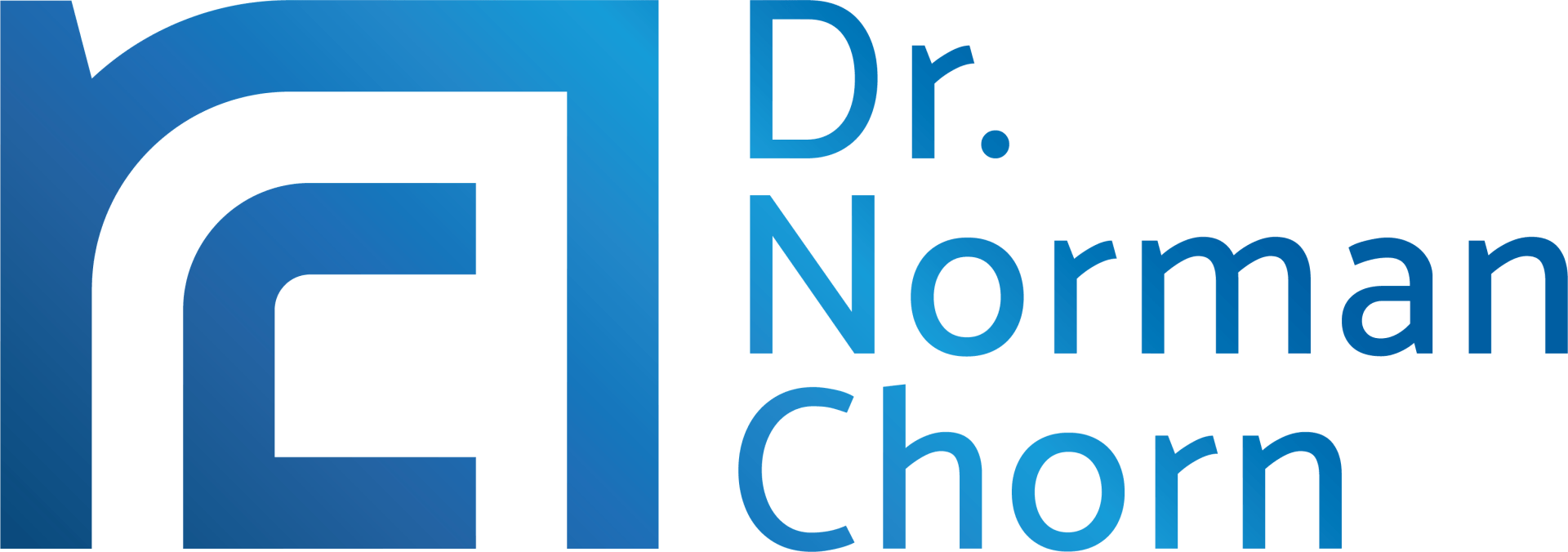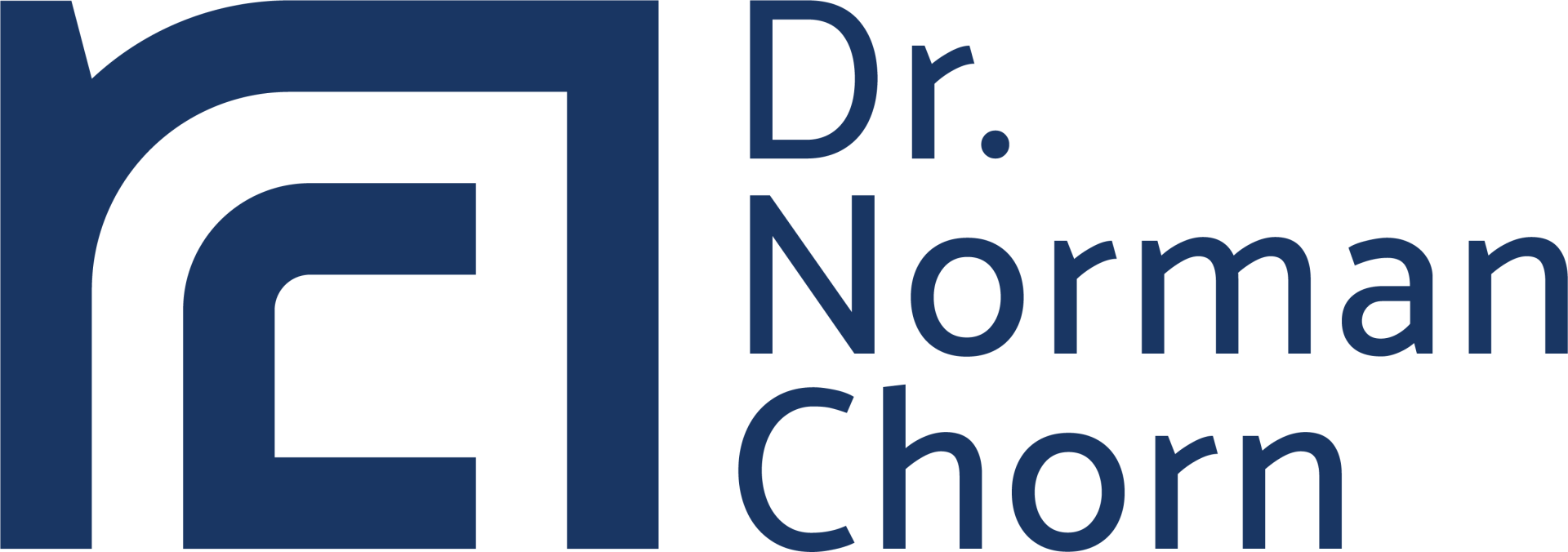Case Study
About The Bosch Group
The Bosch Group is a leading global supplier of technology and services. It is focused on several business areas, including mobility solutions (including vehicle components); industrial technology; consumer goods; and energy and building technology.
China is a key manufacturing and applications engineering location where the company employs in excess of 55,000 staff — the largest Bosch workforce outside of Germany.
Changes to the global business environment, particularly in the areas of clean energy and the shift to electric vehicles, present a number of strategic challenges and opportunities for the company. And China, as a key member of the business’s supply chain, plays an important part in the way that the global organisation responds.
Part of this response was the launch of a new action-learning program, “The Evolutionary Mind of the Leader”. Together with our associates in China, we were selected to develop and run this program in 2021.
Purpose of the project
The project was designed to raise the overall strategy and leadership capability in the organisation, while ensuring their wellbeing and resilience during the period of change.
Three key capabilities were to be developed as part of this program:
- The ability to plan for the future in a complex and uncertain environment
- Raising strategic thinking skills through the application of brain science and management science
- Developing anti-fragile leadership practices that would allow the organisation and its people to learn from disruption and continue to thrive.
These three capabilities were developed through an action learning approach that allowed participants to implement new ways of thinking and leading by way of selected projects undertaken in their business.
Each session introduced the participants to new approaches and thinking frameworks. They were then given the opportunity to apply these in their local business. Five days later, the teams would reassemble and have to report on their completed project.
Key outcomes
There were several outcomes noted by senior management:
- Examples of creative problem solving in complex areas of the business
- An ability of several divisions to plan proactively in an uncertain and changing environment
- Reports that a majority of individual participants felt increasingly confident in their ability to cope with the change in the organisation
- Examples of project teams using scenario thinking to develop new ways of responding to complex challenges in their workplace
- Enhanced cross-functional collaboration across different divisions in the business
- A better understanding of the relationship and engagement required between headquarters in Germany and the operating divisions in different parts of the world.
Insights we gained from the program
Our observations and insights from developing and running the program included:
- The need to structure online programs differently to those that are run face-to-face. Rather than accept a lower level of engagement from staff because of the virtual (online) format, we were able to design a program with increased flexibility, variety and engagement from participants
- A recognition that the “parenting”stye of headquarters in global businesses is critical. Instead of seeking to continuously align and control the activities of divisions in different markets, it is significantly more productive to focus on the benefits of the diversity in thinking between the operating units — and then to share the key learnings across the whole business
- Some of the legacy practices embedded into the operating philosophy of large global businesses are often based on previous “best practice” approaches. These are sometimes out of sync with the non-linear way in which fast-paced markets develop. As we observed, it makes little sense to apply linear thinking in a world that is changing at a logarithmic rate
- By using scenario thinking, teams are often confronted with a particularly unattractive future scenario. By applying their minds to these unattractive (and undesirable) scenarios, some of the most innovative and breakthrough solutions can emerge..
Subscribe to our regular articles, insights and thought leadership




